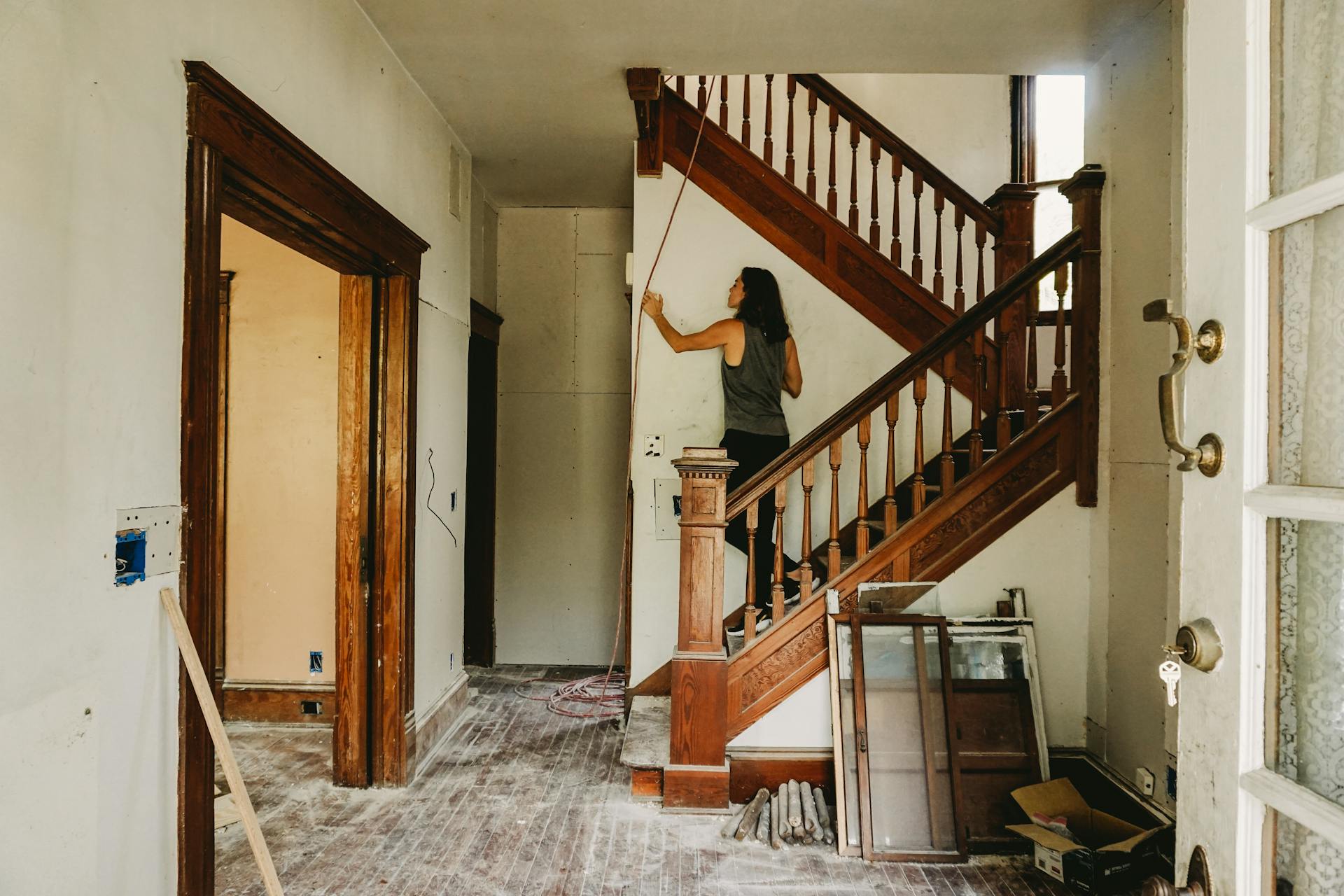Is buying a fixer-upper the right choice for you? While the idea of transforming a home into your dream space can be exciting, it’s important to weigh the potential benefits and challenges before diving in. Here’s what you need to know before taking the plunge.
Understand the Costs
Fixer-uppers can come with an attractive price tag, but it’s essential to look beyond the initial cost. Renovations can be expensive, especially if the home requires structural work, plumbing, or electrical updates. Create a realistic budget that includes the cost of repairs, labor, materials, and a contingency fund for unexpected expenses.
Know Your Limits
Before purchasing a fixer-upper, assess your skills and time. If you’re a DIY enthusiast, some cosmetic updates like painting or tiling might be manageable. However, for major renovations like rewiring or replacing the roof, professional help will be necessary, which can quickly add to your budget.
Get a Thorough Home Inspection
A comprehensive home inspection is crucial when buying a fixer-upper. A good inspector will point out hidden issues such as foundation problems, water damage, or outdated electrical systems. Knowing the full extent of repairs required will help you decide if the property is worth the investment.
Factor in Time
Renovations don’t happen overnight, especially with a fixer-upper. Be prepared for the possibility of months or even years before the home is fully renovated. If you need to live in the house during the renovation process, consider how the ongoing work will impact your day-to-day life.
Consider Location
Even the best renovations won’t increase a home’s value if it’s in a declining neighborhood. Look for fixer-uppers in desirable areas where real estate values are appreciating. A great location can make your investment worthwhile in the long run, even if you have to put significant work into the home.
Assess the Potential for Equity
One of the biggest perks of buying a fixer-upper is the potential to build equity. If you can purchase a home at a lower price, renovate it, and sell it for more, you could make a significant profit. However, this depends on market conditions, the scope of renovations, and your ability to stay within budget.
Financing Your Fixer-Upper
There are specific loan programs designed for purchasing and renovating a fixer-upper, such as the FHA 203(k) loan. These loans allow you to finance both the home purchase and the cost of repairs. It’s important to explore your financing options to determine what makes the most sense for your situation.
Are You Ready for the Stress?
Renovations can be stressful, even for seasoned homeowners. From managing contractors to handling delays, the process can test your patience. If you’re someone who thrives under pressure, this may not be a dealbreaker, but it’s something to seriously consider before committing to a fixer-upper.
Buying a fixer-upper can be a rewarding experience, offering the opportunity to create your dream home or increase your property’s value. However, it’s not without its challenges. By understanding the costs, time commitment, and potential pitfalls, you can make an informed decision about whether a fixer-upper is the right choice for you.
Before you take the plunge, ensure you have a solid plan and the resources to handle both the renovation process and the surprises that may arise along the way.







